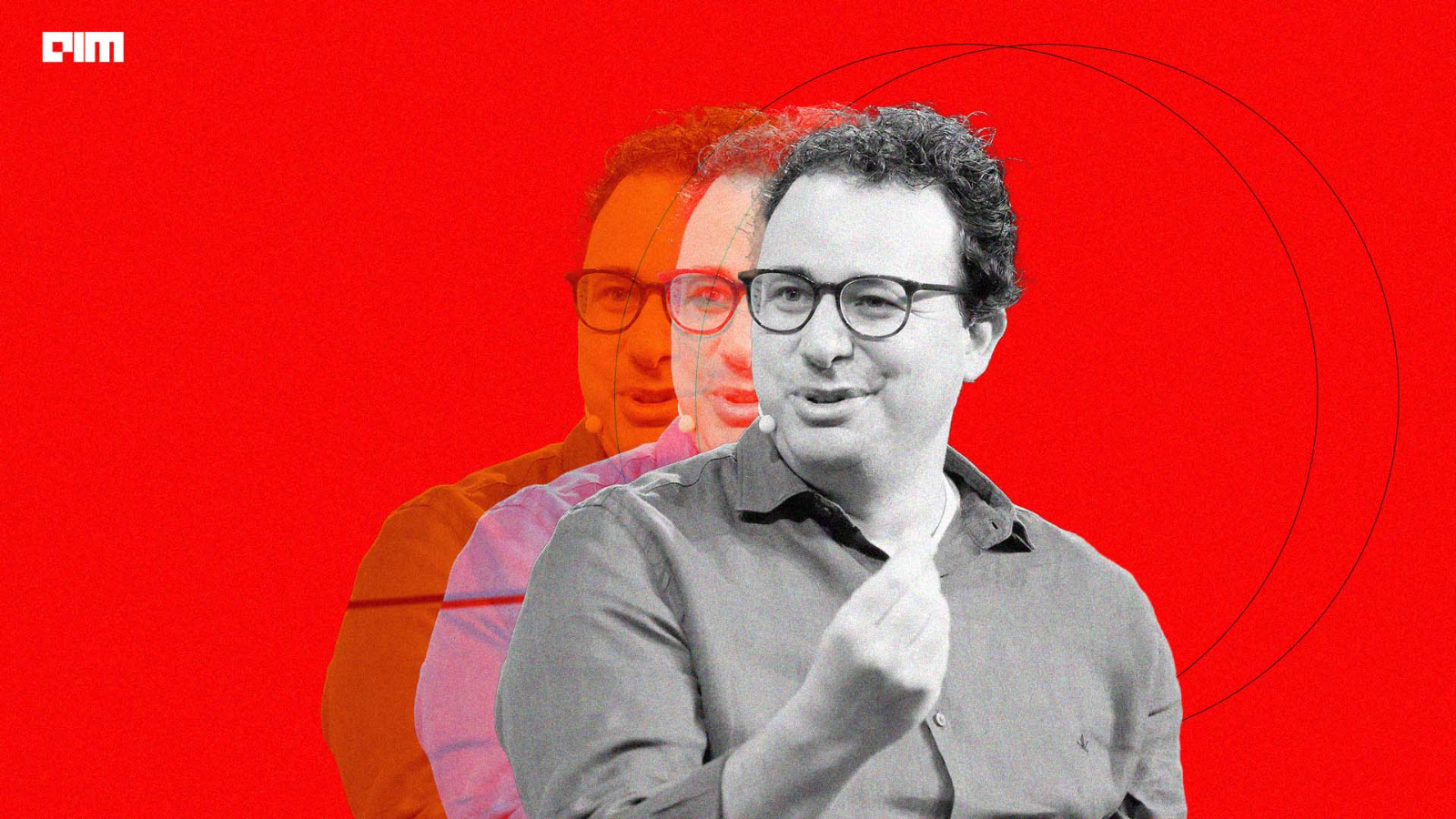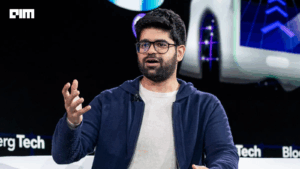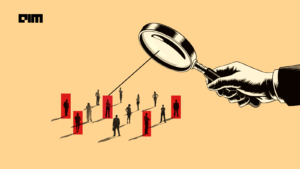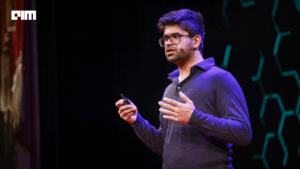Anthropic’s $1.5 billion copyright settlement with authors is being cast as a landmark win for creative workers. Half a million authors stand to receive $3,000 each, and the payment is the largest recovery in the history of U.S. copyright law. It looks like a victory lap for the Authors Guild, the Association of American Publishers, and the plaintiffs who pressed the case. But once the dust settles, the real beneficiary may be the AI industry itself.
The key legal question wasn’t whether Anthropic pirated books from Library Genesis and Pirate Library Mirror: it did, and Judge William Alsup called the conduct “inherently, irredeemably infringing.” The question was whether training a model on copyrighted material, once lawfully acquired, is permissible. On that, the judge was clear: it is. In June, Alsup wrote that Anthropic’s training use “was a fair use,” describing it as among the most transformative technologies of our lifetimes.
That ruling survived the settlement. Anthropic will pay out for past misconduct, delete pirated datasets, and move on. But the broader precedent, that using copyrighted works for training can be fair use, remains intact. In fact, it has been strengthened.
Seen that way, this settlement isn’t exactly a “Napster moment”. Napster was shut down, its business model obliterated. Anthropic, by contrast, has locked in a future where training on copyrighted works is legally defensible, provided the works are obtained legitimately. The cost of scraping pirated material is now clear: billions in liability. But the reward for sticking to legal channels is equally clear.
The settlement also underscores the imbalance of power. Anthropic has raised $33.7 billion since its founding in 2021. A $1.5 billion payout is hardly existential. The company already secured $13 billion in new funding this month. As one Reddit commenter put it, when the punishment is a fine, it becomes just another line item in the budget.
Other AI companies are paying attention. OpenAI faces a similar lawsuit from George R.R. Martin, John Grisham, and other bestsellers. Meta has been accused of using the same pirate libraries. ElevenLabs just settled with voice actors who said their likenesses were copied. Each case will turn on whether copyrighted works were pirated or properly obtained. With Alsup’s fair use ruling in hand, companies now know the map: pay if you steal, defend if you buy.
For writers, the larger frustration may be that the core legal battle is already lost. The settlement avoids a definitive appellate ruling, but the momentum is against them. Google Books survived a similar challenge a decade ago. Alsup’s opinion extends that reasoning to generative AI. Unless Congress intervenes, training on copyrighted works will remain shielded.
The reasoning is that licensing a book to AI isn’t the same as competing with it. It’s closer to letting someone who’s read widely summarize what they know. Once you accept that framing, $3,000 looks less like a standardized fee for access to a new kind of reference library.
That doesn’t mean the lawsuits were pointless. They forced companies to reckon with piracy, set a dollar figure on unauthorized use, and signaled that creative workers won’t be ignored. But the structure of the settlement (a past release only, no protection against AI outputs, and no forward-looking licensing regime) means the broader economic terms will be set elsewhere. Some publishers, like News Corp and Condé Nast, have already struck licensing deals with OpenAI. Others will follow.
Anthropic may have paid dearly to escape trial, but the industry walked away with what it wanted most: a judicial blessing on fair use training. The lesson for AI developers is: Don’t scrape pirate sites. Buy the books, or better yet, license them. The courts are willing to protect the transformative act of training. That is an outcome the tech sector can live with.
For anyone hoping this case would slow the march of generative AI, the result is sobering. Far from closing the door, it may have just clarified the price of admission.











